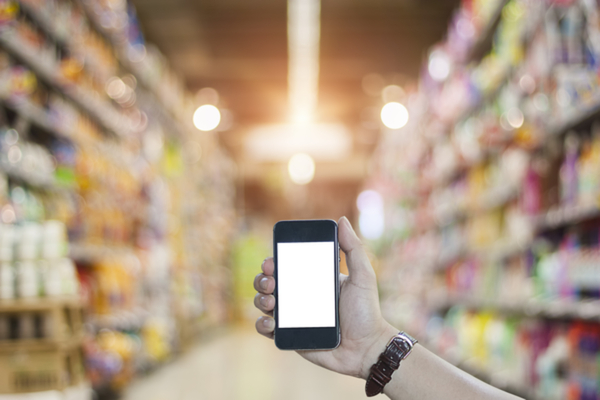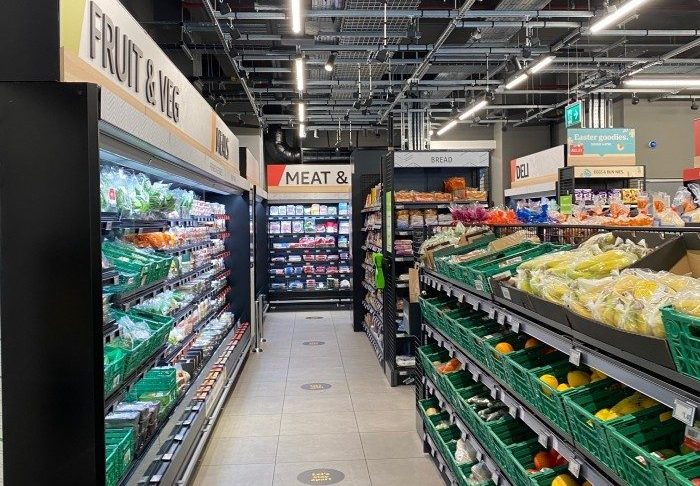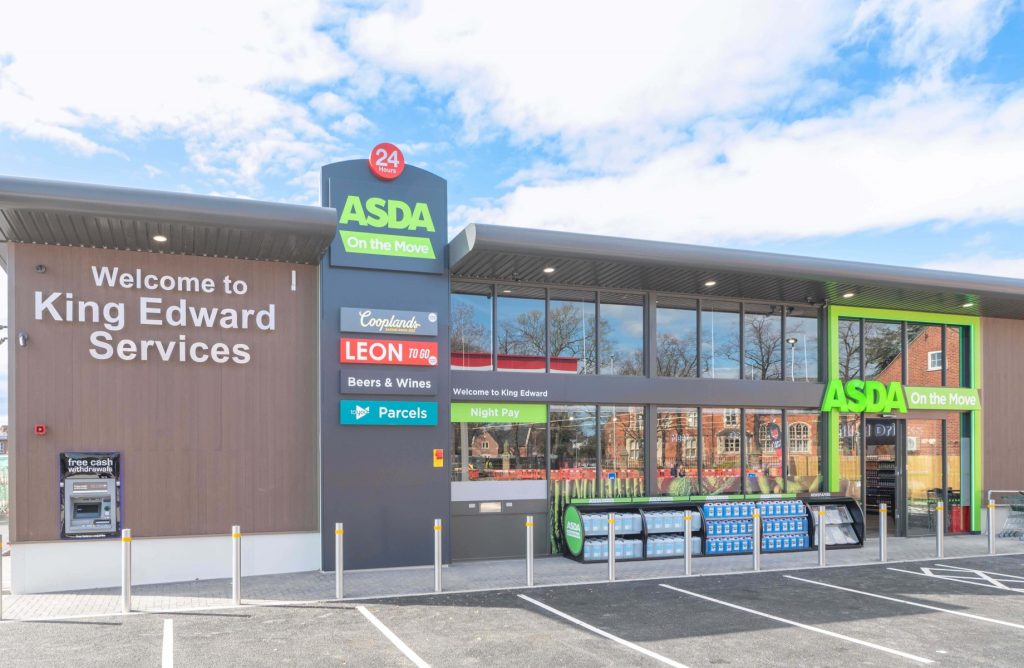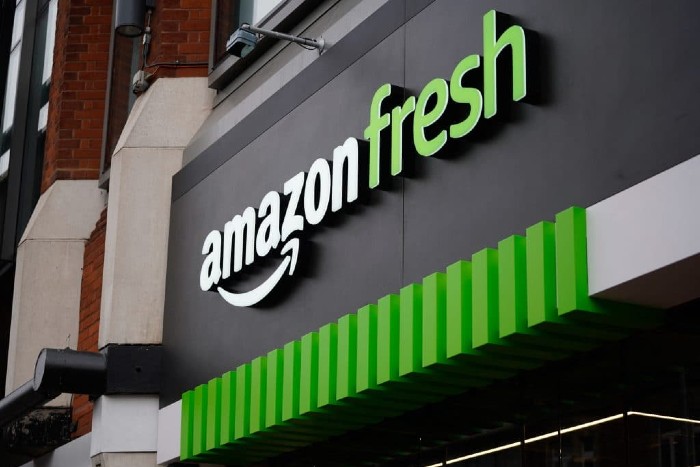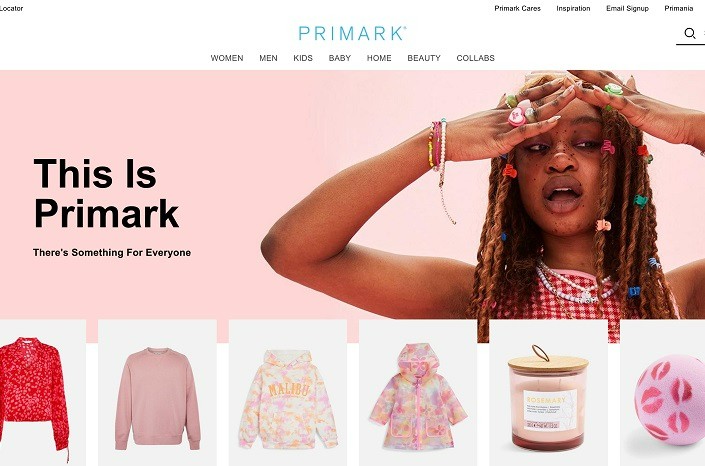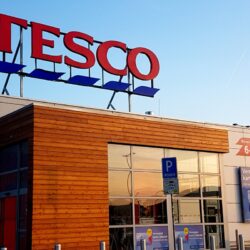Convenience as part of the in-store experience is being improved by Marks & Spencer and Sainsbury’s with the launch of their new payment app. The time-saving mobile and checkout-free service is aimed in particular at the London lunchtime hour, where it counts the most.
It can be asked if this improvement is actually building a competitive advantage. Is this a benefit which the competition can’t copy? Does this enhancement draw the customer more strongly into the unique value proposition of the shop?
With regard to duplication, the move by M&S demonstrates that imitating the innovation is clearly possible. Over the pond, everyone knows about Amazon’s Go stores while Macy’s app is less well known but has the same functionality. No USP here. Even the benefit of being a first mover is not clear – it may be better to be a follower, able to take advantage of the learnings at Sainsbury’s and M&S.
“The essential benefit for the customer is to receive information which is directly relevant to the items in the shopping basket”
What sorts of mobile services, then, could accompany every shop visit to enhance the special benefits of these retailers? Two ideas in the food category for each of these two retailers show some of the possibilities for adding lasting value to all visits.
The key point is to access the huge amounts of information which the retailer can make available over the internet. The essential benefit for the customer is to receive information which is directly relevant to the items in the shopping basket. This is what interests the customer at the moment and offers pertinent value. Customers will want this pertinent value every time they shop and thus become loyal to the retailer.
M&S’s food and grocery division can be regarded as positioning itself on the premium side of trends. In line with this value proposition, they showcase the sustainability of their supplier farms, highlighting the quality and soundness in a dedicated page on their website. With all due respect, this stimulating information is first, somewhat buried on the website and second, not linked to specific products.
A customer buying beef would on the day be motivated to know where it came from. A link to the supplier farm gives the customer the option to find out more about the beef’s origins, in the shop or later. The link can tease customers into taking more interest in sourcing once they become aware that the transparency is readily available. And M&S would get more payback on their investment in transparency: the customer gains on every visit to the store and is drawn more tightly into the shop’s upmarket sustainability.
M&S is also building its value proposition on food trends which will be big in 2020, shown in a story post on their website. This is excellent content and why not make it more relevant for the customer by linking it to individual shopping visits?
“A mobile app could quantitatively and qualitatively help customers in the shop accordingly”
The trendy products M&S wants to promote are all related to existing products, either as complementary additions or as alternatives. When such products appear in the shopping basket, a helpful link to the trendy item can be given. Such welcome nudges to new finds would be offered in digestible amounts at the right time. Customers would be attracted to widening their horizons specifically in relation to their own consumption preferences care of M&S.
An interpretation of Sainsbury’s value offer is that they support customers in defining their own eating lifestyle. A mobile app could quantitatively and qualitatively help customers in the shop accordingly.
Quantitatively, Sainsbury’s have great information about the nutritional details of each product sold online. Why not tally up the scores on the nutritional details of the products in the app’s shopping basket? This is a real value add for shoppers wanting to steer their nutritional intake of energy, fat, saturates, sugar, and salt. And once customers start to purchase with the nutritional details in mind, they will want to shop that way every time.
Qualitatively, Sainsbury’s has functionalities which when integrated into an app could act as a personal coach during every shopping visit. Customers can define “my dietary profile” in their personal account or, using the pre-defined product ranges, could in the future indicate those ranges they favour. The app could flag products in the shopping basket which do not fit to the dietary profile or where there are alternatives in a favoured range.
Mobile services can combine the best of the online and offline customer experiences. Retailers can use apps to offer pertinent value which makes their entire value proposition come alive on the day.
Benjamin Wall is the author of Amazon: Managing Extraordinary Success in 5-D Value which can be purchased here.
Click here to sign up to Retail Gazette’s free daily email newsletter

